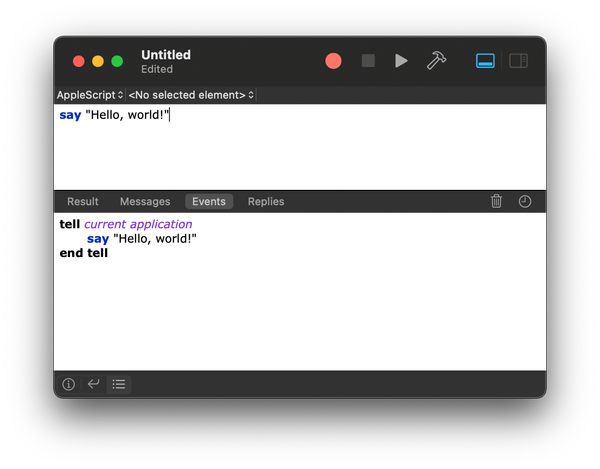What is a Multi-Party Computation Wallet?
In the world of cryptocurrency, security is of utmost importance. One of the key challenges in this domain is how to securely manage private keys, which are essential for authorising transactions. Traditional approaches involve storing private keys on a single device or in a centralised manner

In the world of cryptocurrency, security is of utmost importance. One of the key challenges in this domain is how to securely manage private keys, which are essential for authorising transactions. Traditional approaches involve storing private keys on a single device or in a centralised manner, which can be vulnerable to attacks. Multi-Party Computation (MPC) wallets offer an innovative solution to this problem.
Introduction to Multi-Party Computation (MPC)
Multi-Party Computation (MPC) is a cryptographic protocol that allows multiple parties to collaboratively compute a function while keeping their individual inputs private. In the context of cryptocurrency wallets, MPC enables the secure management of private keys by distributing them across multiple devices or participants.
How does an MPC Wallet work?
An MPC wallet is designed to split a private key into multiple shares and distribute them among different devices or participants. Each participant holds only a portion of the key, making it impossible for any single participant to access the full key. This distributed approach significantly enhances the security of the wallet.
When a transaction needs to be authorised, the participants collaborate using the MPC protocol to collectively compute the required cryptographic operations. This computation involves combining the shares of the private key held by each participant. The result is a valid signature that can be used to authorise the transaction.
Advantages of MPC Wallets
Enhanced Security: With an MPC wallet, the private key is never fully reconstructed in any single device, reducing the risk of a single point of failure or compromise.
No Single Point of Attack: Since the private key is distributed across multiple devices or participants, an attacker would need to compromise a majority of them to gain access to the key.
Increased Trust: In traditional wallets, users need to trust a single entity with the custody of their private keys. In an MPC wallet, trust is distributed among multiple participants, reducing the need for blind trust in a single entity.
Flexibility: MPC wallets can be designed to accommodate different levels of security and decentralisation. For example, some wallets may require a minimum number of participants to collaborate, while others may allow dynamic addition or removal of participants.
Challenges and Considerations
While MPC wallets offer significant advantages, there are a few challenges and considerations to keep in mind:
Complexity: Implementing and using MPC wallets can be more complex compared to traditional wallets. It requires a thorough understanding of the underlying cryptographic protocols and careful management of the distributed key shares.
Availability: Since MPC wallets rely on the collaboration of multiple participants, the availability of these participants becomes crucial. If a participant becomes unavailable or unresponsive, it can affect the overall functionality of the wallet.
User Experience: MPC wallets may have a different user experience compared to traditional wallets. Users may need to perform additional steps, such as coordinating with other participants, to authorise transactions.
Conclusion
Multi-Party Computation (MPC) wallets provide an innovative solution to the security challenges associated with managing private keys in the cryptocurrency world. By distributing the key across multiple devices or participants, MPC wallets enhance security, reduce the risk of attacks and increase trust. While they come with some complexities and considerations, MPC wallets offer a promising approach to securing digital assets in a decentralised manner.



